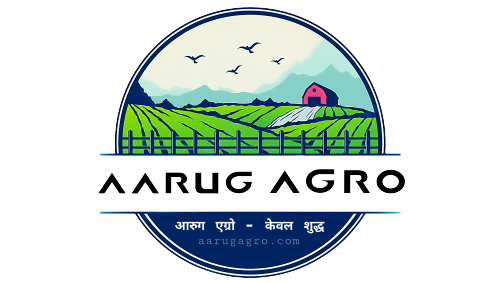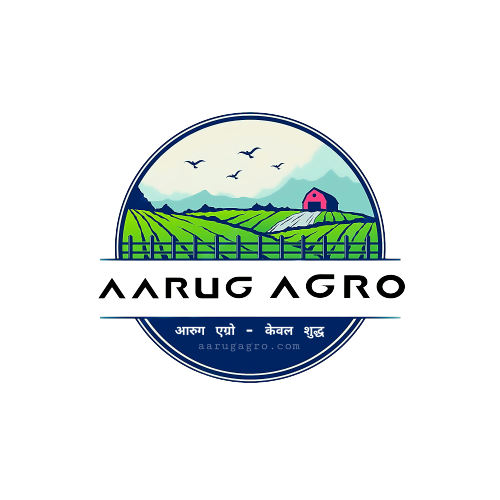Introduction : In Zimbabwe, goat farming has gained popularity as a profitable and sustainable form of livestock production. This article explores the profitability of goat farming, the scope of the industry, the best goat breeds for Zimbabwean farmers, housing and equipment requirements, goat feeding management, types of goat farming, key rules, business plans, financing options, challenges, and market opportunities.
Is Goat Farming Profitable in Zimbabwe? :
Goat farming can be highly profitable in Zimbabwe due to the increasing demand for goat meat and the relatively low feed costs. However, success depends on factors such as proper management, market access, and the ability to meet the requirements of goat farming.
Scope of Goat Farming in Zimbabwe :
Goat farming plays a vital role in the Zimbabwean economy, providing income and food security for many rural families. The industry offers significant growth potential and opportunities for small-scale, medium-scale, and large-scale farmers.
Best Goat Breeds in Zimbabwe:
In Zimbabwe, several goat breeds are suitable for different farming purposes. These include Boer goats, Kalahari Red, Angora goats, Anglo-Nubians, Saanens, and Toggenburgs.
Housing and Equipment for Goat Farming in Zimbabwe:
Proper housing is crucial for successful goat farming in Zimbabwe. The housing should provide ventilation, protection from the elements, and be easy to clean. Fencing should be sturdy and at least four feet high. Equipment needs include feeders, drinkers, and milking equipment.
Goat Feeding Management in Zimbabwe:
Goats in Zimbabwe are adaptable browsers that consume a variety of plants. Pasture and browse can be sufficient for their nutritional needs. Factors such as goat age, type, environment, and available resources influence the feeding management plan.
Types of Goat Farming in Zimbabwe:
Goat farming in Zimbabwe can be categorized as small-scale, medium-scale, or large-scale. Each type has different production capacities and marketing strategies.
Key Rules to Start Goat Farming in Zimbabwe:
Compliance with key rules and regulations is essential for successful goat farming in Zimbabwe. These include acquiring permits, providing proper care and nutrition, and developing a robust management system.
Goat Farming Business Plan in Zimbabwe :
Developing a comprehensive business plan is crucial for guiding your goat farming venture. It should include breed selection, housing and equipment requirements, financial projections, marketing strategies, and risk management.
Goat Farming Loans and Subsidies in Zimbabwe:
The Zimbabwean government provides various loans and subsidies to support goat farmers in starting or expanding their operations. Programs such as the Agricultural Development Fund and Smallholder Agricultural Credit Scheme offer financial assistance.
Goat Farming Problems and Challenges in Zimbabwe:
Goat farming in Zimbabwe faces challenges such as limited grazing land, diseases, and drought. Lack of knowledge, inadequate resources, and high input costs are additional obstacles to overcome.
Market Opportunities for Goat Farming in Zimbabwe:
The market for goat meat and skin in Zimbabwe is growing, presenting opportunities for farmers. Slaughterhouses and live animal markets are common avenues for selling goat products, while leather industries utilize goat skins for various products.
Conclusion:
Goat farming in Zimbabwe offers immense potential for sustainable livelihoods. By following key rules, developing a solid business plan, accessing financing options, and leveraging market opportunities, farmers can thrive in this profitable industry.


